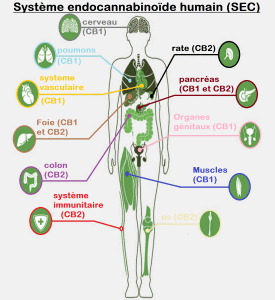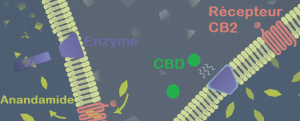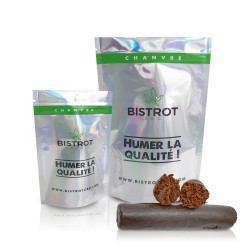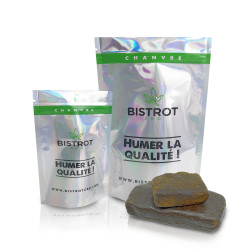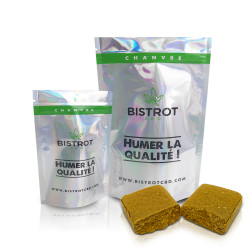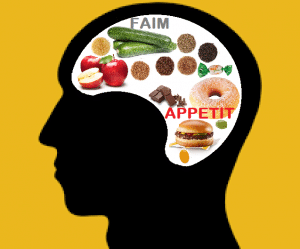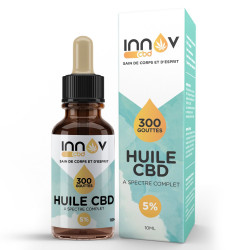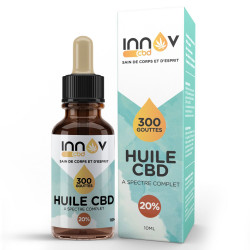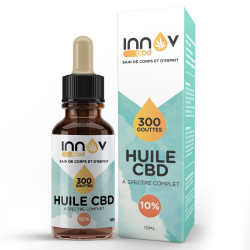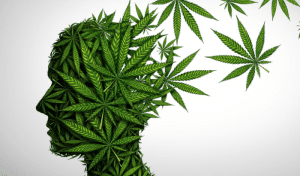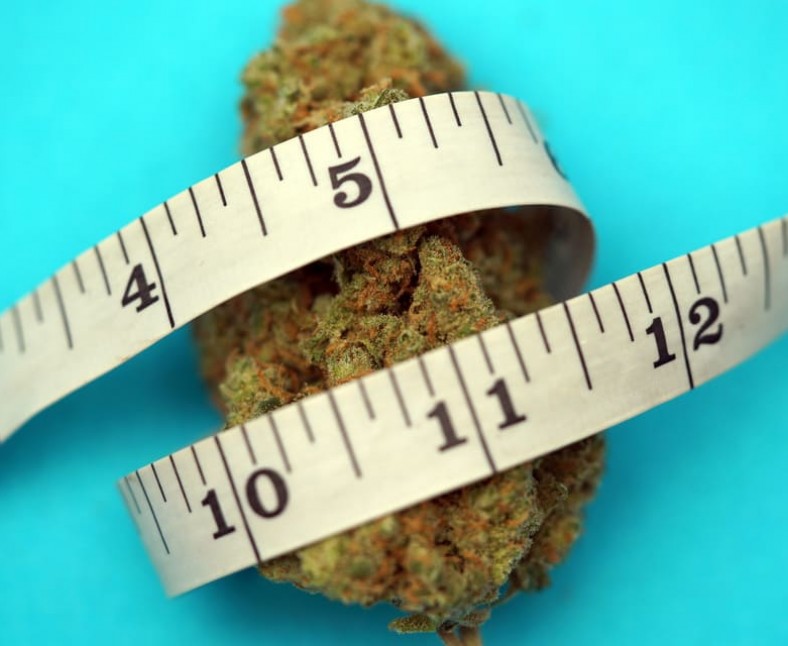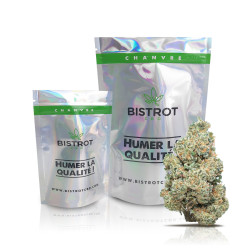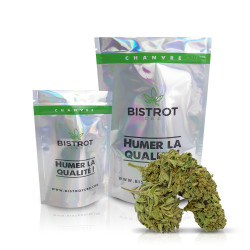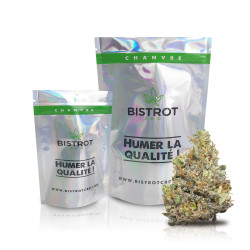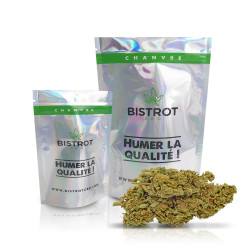
For cannabis users, the notion of hunger is widespread. Indeed, it is not uncommon to observe within a group of hemp smokers, a disturbance of the eating behavior. It is illustrated by an almost compulsive absorption of a large quantity of food (often fatty or sweet according to taste). Summed up with this observation, it seems then coherent to affirm that the consumption of cannabis in the form of oil or flowers makes you hungry. In reality, it’s not that simple! The hemp plant possesses a hundred
n
e of cannabinoids
some of which are in greater concentration than others. The effects they generate are therefore proportional to their content. This is particularly the case for the famous THC (tetrahydrocannabinol) and CBD (
cannabidiol
).
Still studied today for their numerous virtues and their potential
s
side effects (proven as far as THC is concerned), these active cannabis molecules differ on many points. In particular, on the appetite caused by the consumption of classic hemp. If we know today that the psychotropic active substance (THC) gives for sure a feeling of hunger, what about CBD?
The effects of THC and CBD on the endocannabinoid system
The endocannabinoid system (ECS)
The human body has its own cannabinoid system called the endocannabinoid system (ECS). It has multiple roles with complex effects. In simple terms, the endocannabinoid system will affect the internal balance of the body. This is called cellular homeostasis. If this essential SEC is essentially located in the central nervous system, it is also found in peripheral tissues such as the digestive system, fatty tissues, skin … It represents an essential communication tool consisting of :
- specific cannabinoid membrane receptors (CB1 and CB2)
- cannabinoid molecules (the 2 main ligands being anandamide and 2-arachidonoylglycerol)
- of their reaction enzymes.
Among the many actions on the body that the endocannabinoid system parameters are:
- neuronal plasticity, inflammation regulation, emotional control, digestive system…
The effect of THC on the SEC
The THC contained in cannabis will have a direct action on the endocannabinoid system and, in particular, on the CB1 receptors. These are mainly located in in an area of the central nervous system that controls mood and appetite. The high affinity of THC for CB1 then creates homeostatic disorders in the body such as:
- increased secretion of ghrelin (digestive hormone that stimulates appetite).
This results in an inhibition of the satiety signals transmitted to the body. As a result, THC makes the consumer feel hungry.
The effect of CBD on the SEC
CBD does not have a direct action on the SEC. On the other hand, it is in interaction with him. The CBD molecule only boosts the natural benefits of anandamide (happiness hormone) by blocking the enzyme responsible for its regulation (
FAAH
).
This endocannabinoid has an affinity for CB2 receptors located mainly in the immune system. By its particularly targeted action on the FAAH enzyme, the CBD molecule is essentially involved in the immune system.
Appetite or hunger?
While these terms are often used in fairly similar circumstances, it may be useful to differentiate them:
- Appetite: it is described as the desire to eat, to swallow something stimulating, a tasty meal. A dish is said to be appetizing if the ingredients that make it up are appealing to us. We already know we’re going to like it! Appetite is then rather influenced by our mental state. As a result, it varies from one individual to another.
- Hunger: here, we are rather in a need to eat. We can distinguish the physical need (energy brought by food) from the physiological need (similar to envy) that can be influenced by environmental factors.
But then, CBD appetite suppressant or hungry?
From a strictly biochemical point of view, since CBD has no action in areas of the brain, it cannot be said that CBD creates cravings.
brain controlling the appetite
From a strictly biochemical point of view, we can’t say that CBD creates cravings. However, you have to be careful with CBD-containing products to avoid that hungry feeling. They must be free of THC:
- as
full spectrum CBD cannabis oil
. This oil retains its terpenes and other beneficial compounds such as its cannabidiol. On the other hand, it is rid of its THC with the harmful effects for the health.
The effect of CBD on hunger
If we extrapolate its relaxing effect to the whole body, we can then, to a certain extent, say that CBD makes you hungry or, on the contrary, that it cuts hunger. Let me explain:
Each individual is unique. This singularity then generates different responses from one organism to another for identical stimuli. Depending on individual eating habits, the relaxing effect of CBD can enhance or inhibit appetite:
- With a natural tendency to eat when stressed, consuming broad spectrum CBD oil, for example, will decrease the physiological need to eat to feel better.
- On the other hand, if a relaxed state causes a greater intake of food, that same CBD oil will increase that craving.
It is then understood that it is not the CBD as such that makes you hungry. It is the exacerbation of physical and physiological nutritional needs produced by the action of CBD and resulting from a natural hyper eating behavior that will be stimulated by this molecule. Hunger therefore varies from one person to another depending on their real needs and the environmental factors that surround them.
CBD and weight
As a result, people who are afraid of gaining weight from consuming full-spectrum CBD cannabis oil or
CBD flowers
can rest assured:
- cannabidiol has no direct effect on appetite. It is not responsible for any weight gain!
However, the use of this type of product can be interesting for nauseous patients who have difficulty eating properly. Indeed, the CBD plays on the psychic state.
THC generates a primary need to eat to fill up, induced by its stimulating action on the secretion of ghrelin! On the other hand, CBD does not biochemically increase appetite, it does not make you hungry! However, it improves the intake of healthy food necessary for vital needs (anti-nausea effect).
FAQ: CBD and hunger
[sp_easyaccordion id=”11169″]
